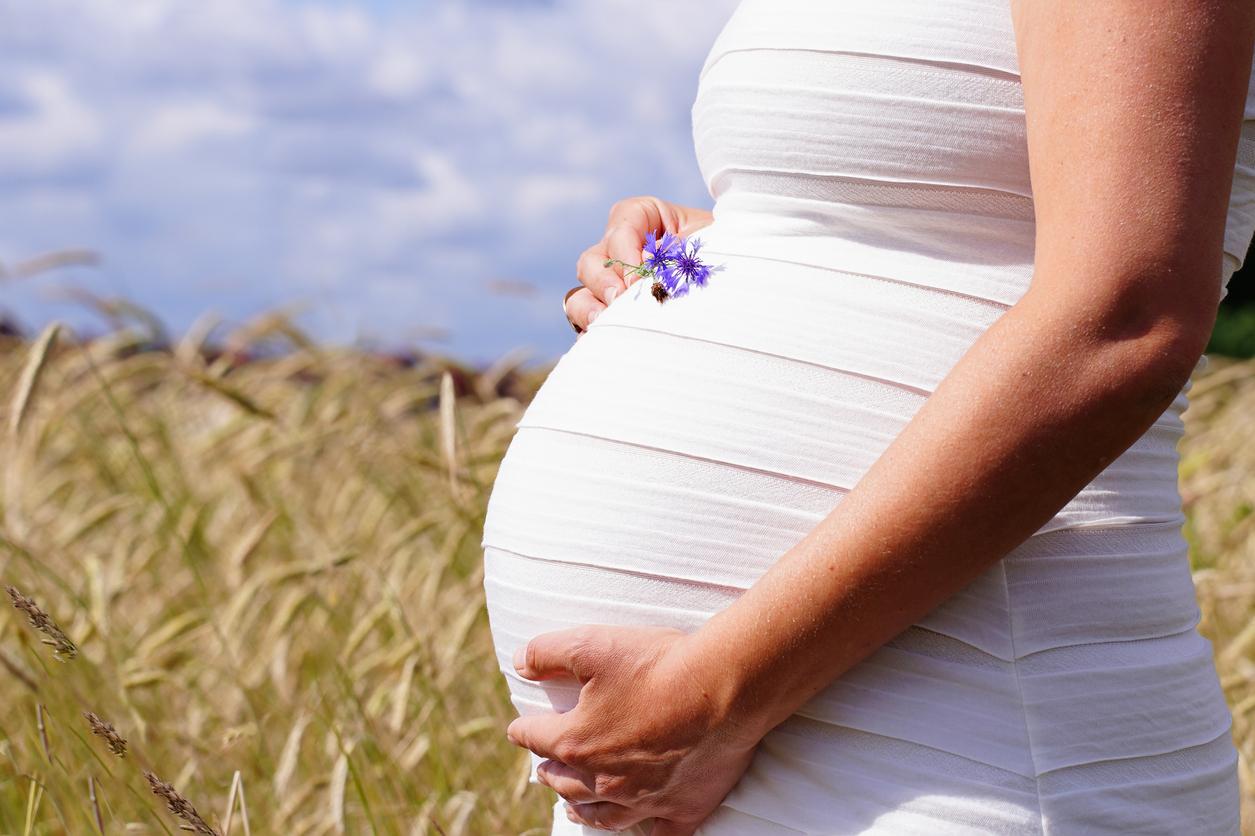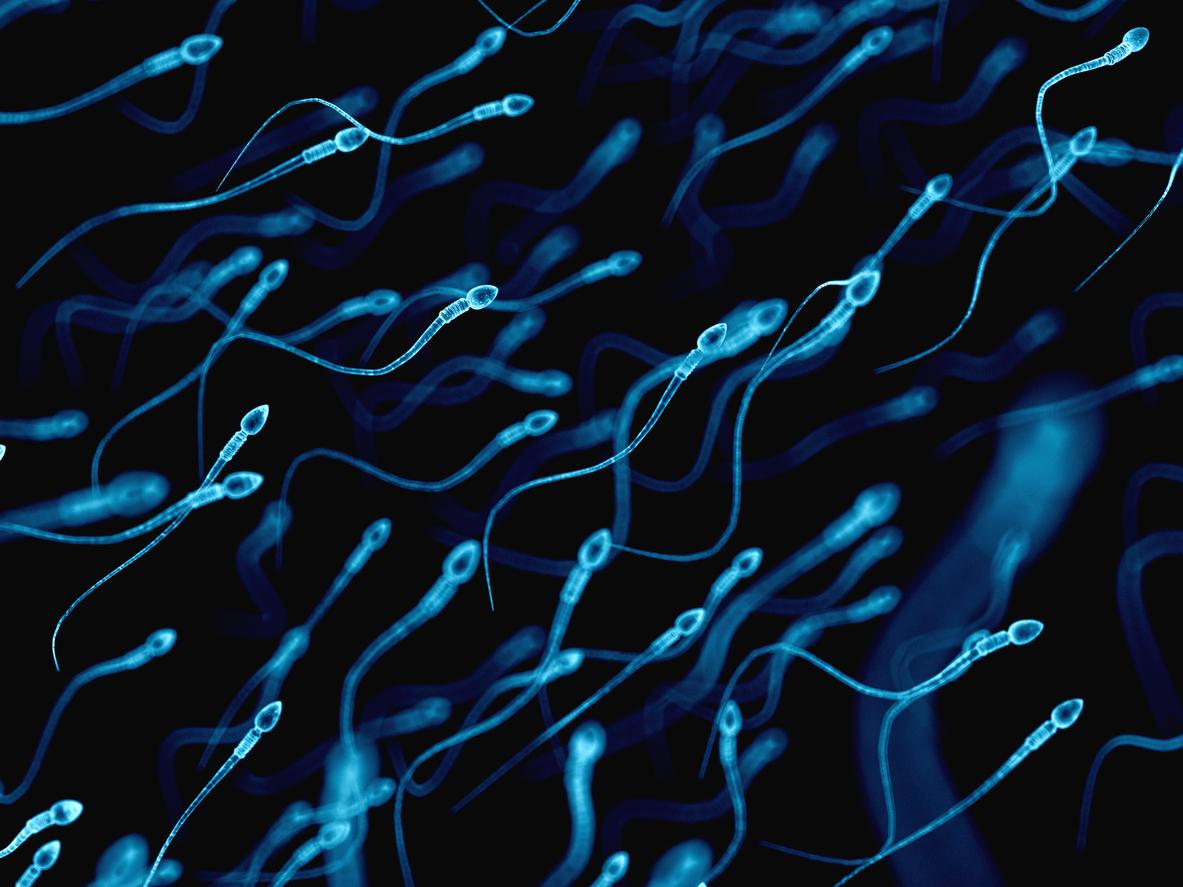Eating fish more than three times a week during pregnancy could have an impact on the weight of children between 4 and 6 years old, according to the findings of a European study.

Heavy fish eaters should curb their cravings during pregnancy, suggests a study published this Monday in the review JAMA Pediatrics. Indeed, according to these European studies, children exposed in utero to large quantities of fish are more at risk of obesity between 4 and 6 years.
“We are interested in the consumption of fish by pregnant women for 2 reasons, explains to Why actor Marie-Aline Charles, Inserm research director (1) and one of the study’s authors. The first is that fish are a source of nutrients that are very important for children’s brain development, especially fatty fish rich in omega 3 fatty acids. But these same fish are a source of contamination, especially mercury, which is unfavorable to the development of the child. “
8,000 overweight or obese children
So far, researchers have studied the influence of this food on fetal growth or the prevention of certain pregnancy-related complications. This work is the first to focus on the postnatal growth of children.
To do this, the European research team studied more than 26,000 mother-child pairs in 10 European countries, including France, and the United States. For 6 years, they followed the corpulence curve of children born between 1996 and 2011.
Mother’s fish consumption varies greatly from country to country. In Belgium, women eat barely one serving of fish per week, while Spanish women eat almost five times.
In France, expectant mothers follow the recommendations and enjoy a fish dish less than twice a week. From these results, the researchers estimated that more than 3 servings per week is a significant consumption, and at risk for children.
“In fact, it has been observed that the most exposed exhibit an accelerated growth between 0 and 2 years, then an excessive development of the fat mass between 4 and 6 years”, indicates the French researcher. In total, during follow-up, more than 8,200 children showed a rebound in adiposity from an early age, and more than 8,400 were overweight, or obese, at 4 and 6 years of age.
A link with endocrine disruptors
To explain this association, the researchers evoke the presence of organic pollutants in the flesh of these animals. “In humans, the consumption of fish is the main source of exposure to endocrine disruptors,” write the authors. And laboratory studies have shown that these elements in fish cause the accumulation of fat in adipose tissue, which promotes weight gain in the latter. It is believed that these toxicants act on lipid metabolism by disrupting cellular pathways and altering the expression of certain genes. “
However, Marie-Aline Charles stresses that the effect of environmental pollutants is only a hypothesis that must be confirmed. “Oily fish such as salmon, tuna, sardines or mackerel are the most contaminated but also those which provide the most omega 3 fatty acids. Therefore, we do not want our results to be an argument to stop to eat fish. What is necessary is not to eat them in large quantities in order to avoid the accumulation of these molecules, ”she recommends.
(1) Epidemiologist at Inserm, Marie-Aline Charles heads the joint Ined-Inserm-EFS “Elfe” unit, the first French longitudinal study devoted to monitoring children, from birth to adulthood, which addresses the multiple aspects of the child’s life from the point of view of social sciences, health and health-environment.
.

















